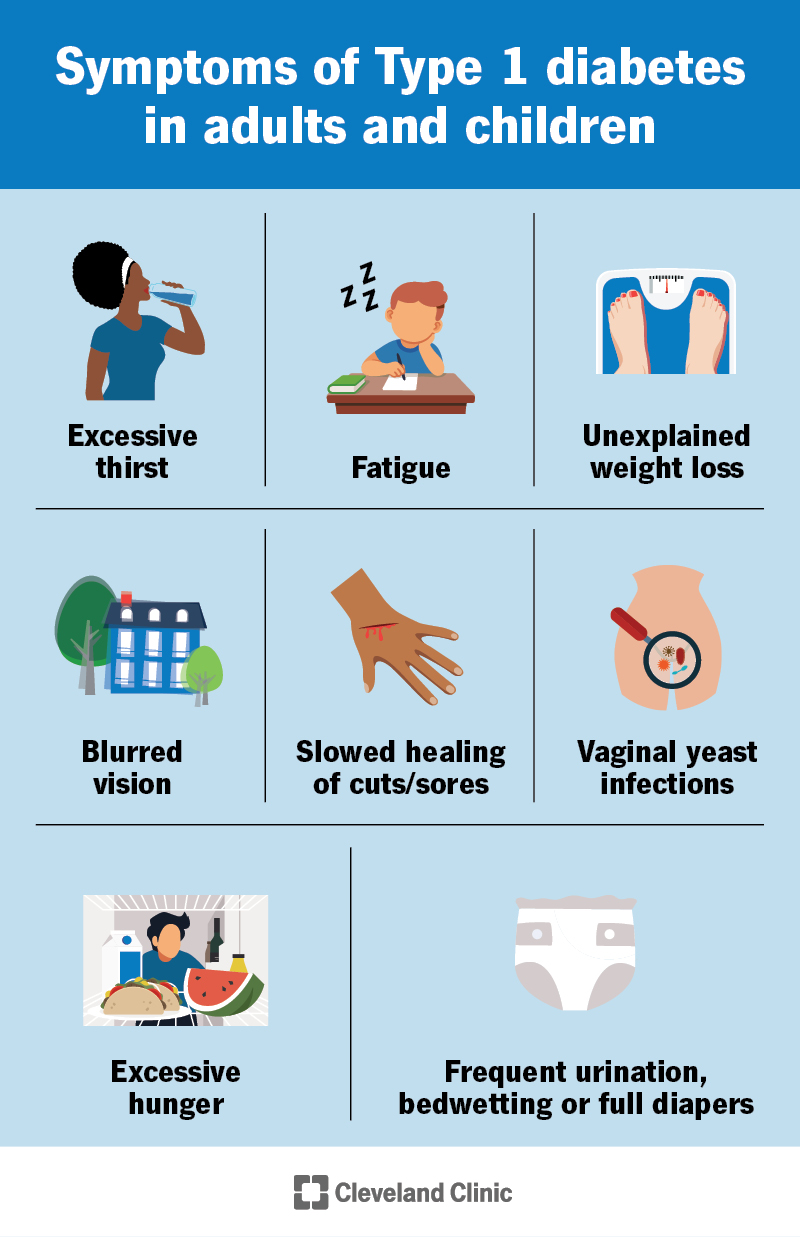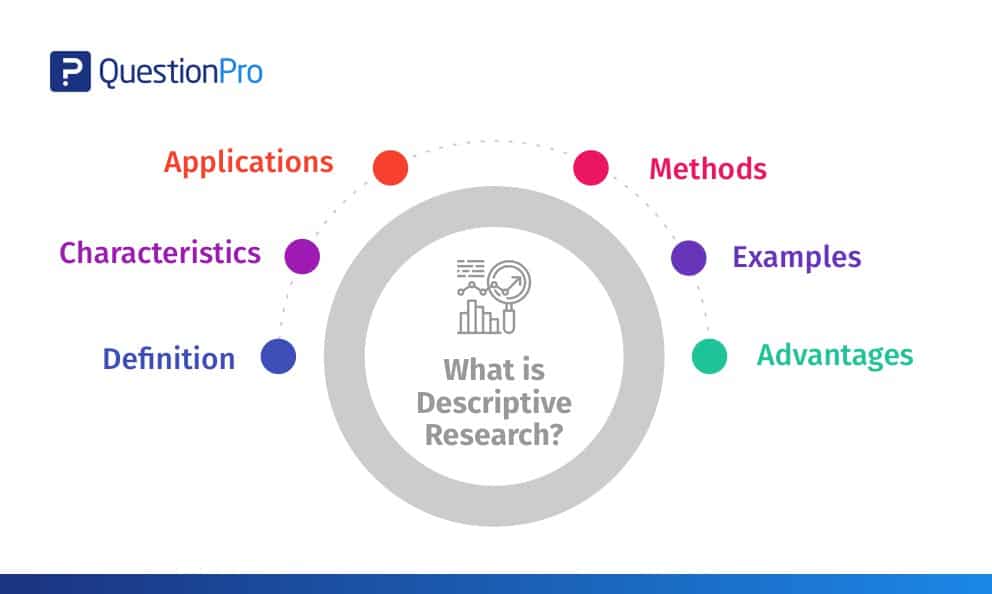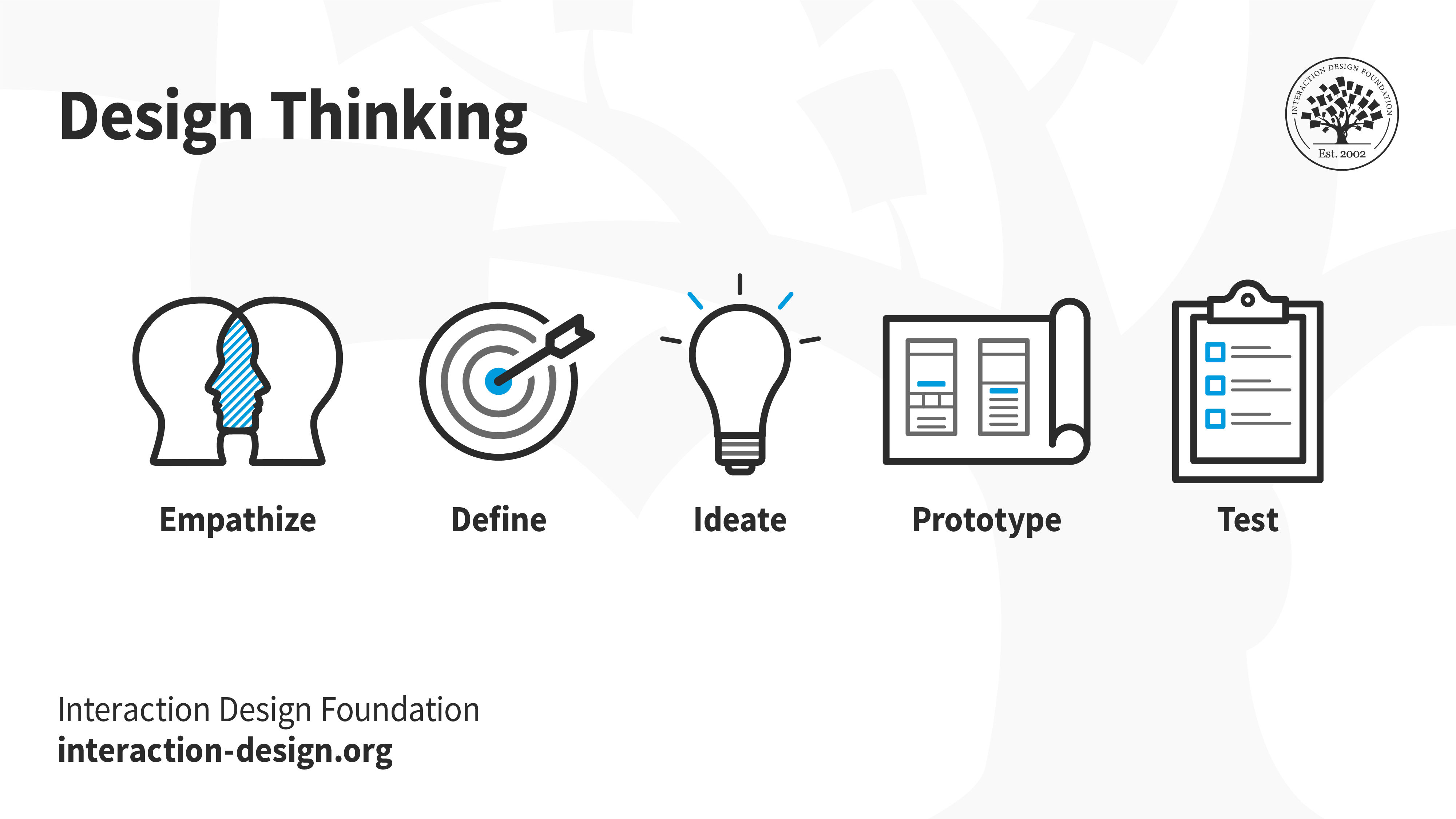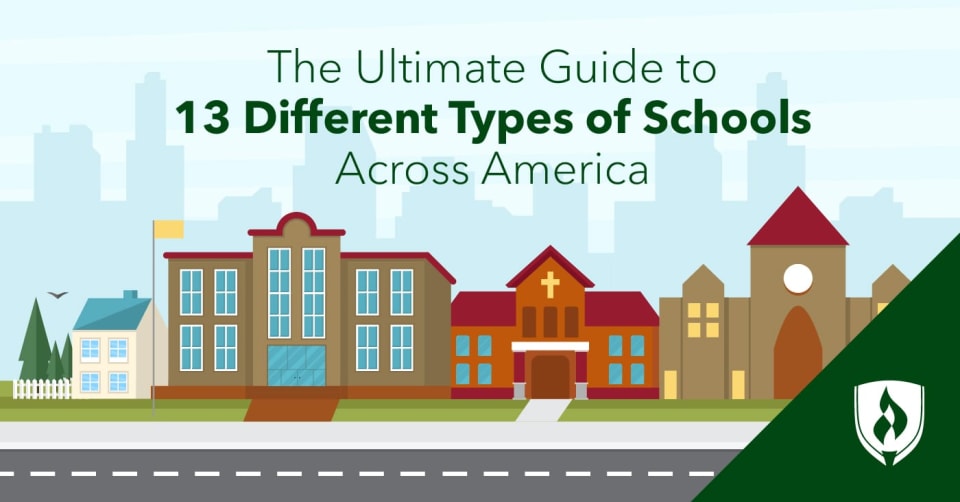There are many different types of schools, each with its own unique characteristics and educational approaches. Understanding the differences between these types of schools can help students and their families choose the best educational setting for their needs and goals.
Public schools are funded by the government and are free to attend. They are open to all students and are required to follow the curriculum and standards set by the state. Public schools can vary in size and resources, but they generally offer a wide range of extracurricular activities and services.
Private schools, on the other hand, are funded by tuition fees and donations. They are not bound by the same curriculum and standards as public schools and have more flexibility in their educational approach. Private schools may have a religious or philosophical focus, and they often have smaller class sizes and more individualized attention for students.
Charter schools are a type of public school that operates independently from the traditional public school system. They are given more flexibility in their curriculum and educational approach in exchange for meeting certain performance standards. Charter schools may have a specific focus, such as STEM or the arts, and they may have a selective admissions process.
Magnet schools are public schools that specialize in a particular subject or academic area. They may have a competitive admissions process and may attract students from a wider geographic area. Magnet schools often have a strong emphasis on research and may offer advanced courses or programs.
Online schools, also known as virtual schools or e-schools, offer education through the internet. Students in online schools may attend live online classes or complete coursework on their own schedule. Online schools can be a good option for students who need flexibility in their schedule or who live in areas without access to quality educational resources.
Homeschooling is another option for students who want a more individualized or customized educational experience. Homeschooling involves a parent or guardian taking primary responsibility for a child's education, either by teaching them at home or by coordinating with outside resources such as tutors or online courses. Homeschooling allows students to learn at their own pace and can be a good option for students with special needs or those who have difficulty learning in a traditional school setting.
In summary, there are many different types of schools, each with its own unique characteristics and educational approaches. Understanding the differences between these types of schools can help students and their families choose the best educational setting for their needs and goals.







:max_bytes(150000):strip_icc()/strategic-management-ADD-V3-9eb0f7adf0854aa5bed391dc6b71e12a.jpg)

_-_comparison_chart.svg/330px-20220822_Distinguishing_introversion_and_extraversion_(extroversion)_-_comparison_chart.svg.png)